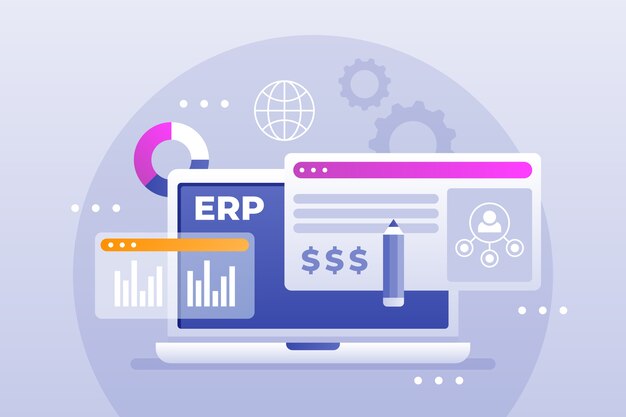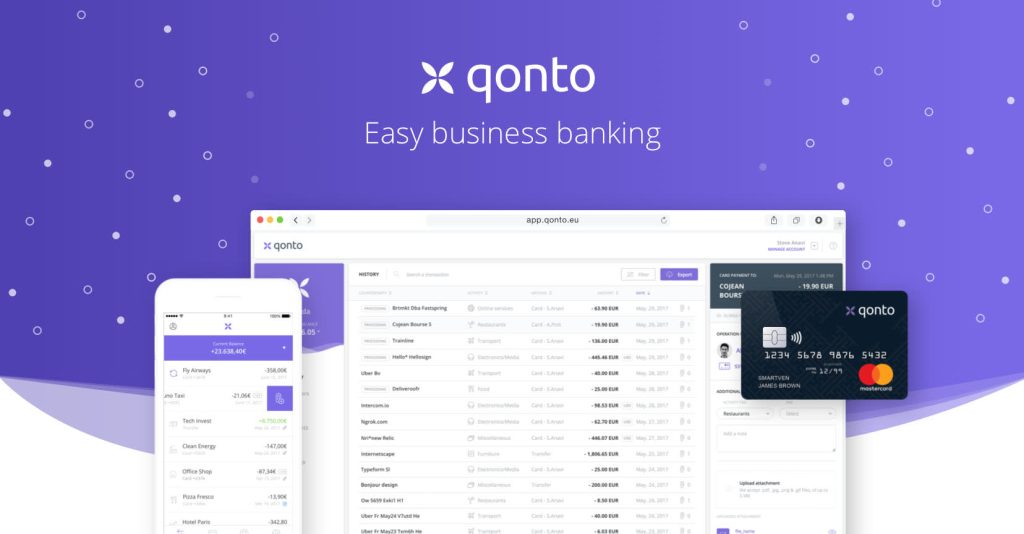Introduction
When it comes to Total Quality Management (TQM), a managerial framework that improves customer experience and product value through complete company buy-in and a streamlined organizational process, two factors are crucial: perplexity and burstiness. Perplexity measures the complexity of text, while burstiness compares the variations of sentences. To create content that encompasses these factors, I will rewrite the following article in a format that takes into account a high degree of perplexity and burstiness.
What is Total Quality Management (TQM)?
Total Quality Management, as its name suggests, involves all members of an organization, from order fulfillment to marketing to sales. The goal is to improve the overall quality of products and the value they provide to customers. Managers and executives oversee the process, identifying errors and seeking to improve efficiency.
The History of Total Quality Management
In the late 70s and early 80s, Japan’s success in producing high-quality goods at competitive prices inspired countries around the world. Dr. W. Edwards Deming laid the foundation of TQM with principles such as better product design, uniform product quality, improved product testing, and greater global market sales.
TQM Examples
While TQM is a model in itself, various strategies stem from its key elements. Let’s explore five examples:
1. Quality Function Deployment
The Quality Function Deployment approach focuses on understanding customer needs and expectations. By consulting with customers and creating a relationship matrix, businesses gain insights into meeting customer needs more effectively.
2. The Guru Approach
The Guru Approach involves studying key thinkers in the quality management industry and implementing their methods. By following the teachings of thought leaders, businesses can address any shortfalls and adapt their practices accordingly.
3. Organizational Model Approach
The Organizational Model Approach entails studying successful businesses that have implemented TQM. By identifying their metrics of success, companies can incorporate these methods into their own processes, leading to improved outcomes.
4. Award Criteria Approach
The Award Criteria Approach focuses on using the criteria of reputable TQM quality awards to identify areas for improvement. By aligning with the criteria used to award excellence, businesses can strive for success and potentially win an award for their execution of the TQM strategy.
5. Six Sigma
Six Sigma is a data-driven strategy that aims to improve product or service quality by identifying defects, determining their causes, and implementing improvements. It follows the DMAIC system: Define, Measure, Analyze, Improve, Control.
Total Quality Management Benefits
Implementing TQM can provide several benefits for businesses:
Increased productivity
When the whole team understands their tasks and how they contribute to overall company success, productivity is enhanced.
Greater employee morale
With clear expectations and a framework in place, employees can work with confidence, resulting in improved morale.
Streamlined business processes
Managers create a framework using proven TQM methods, allowing for organized and efficient day-to-day tasks.
Increased customer satisfaction
TQM focuses on delivering higher quality goods, which leads to greater customer satisfaction. This, in turn, increases the company’s value to customers and justifies a higher price point for products and services, ultimately resulting in higher profits.
Pros and Cons of TQM
Although TQM is valuable in various industries, it comes with its own set of pros and cons:
Pros:
– Lower costs to create and deliver products
– Streamlined processes that minimize waste
– Higher productivity from motivated employees
Cons:
– High upfront cost to implement TQM
– Requires skilled leaders in TQM
– Adoption of TQM practices can take time
In conclusion, Total Quality Management offers significant benefits to businesses that choose to embrace it. By understanding its principles and choosing the right strategies, organizations can enhance customer experience, improve product value, and achieve long-term success.














